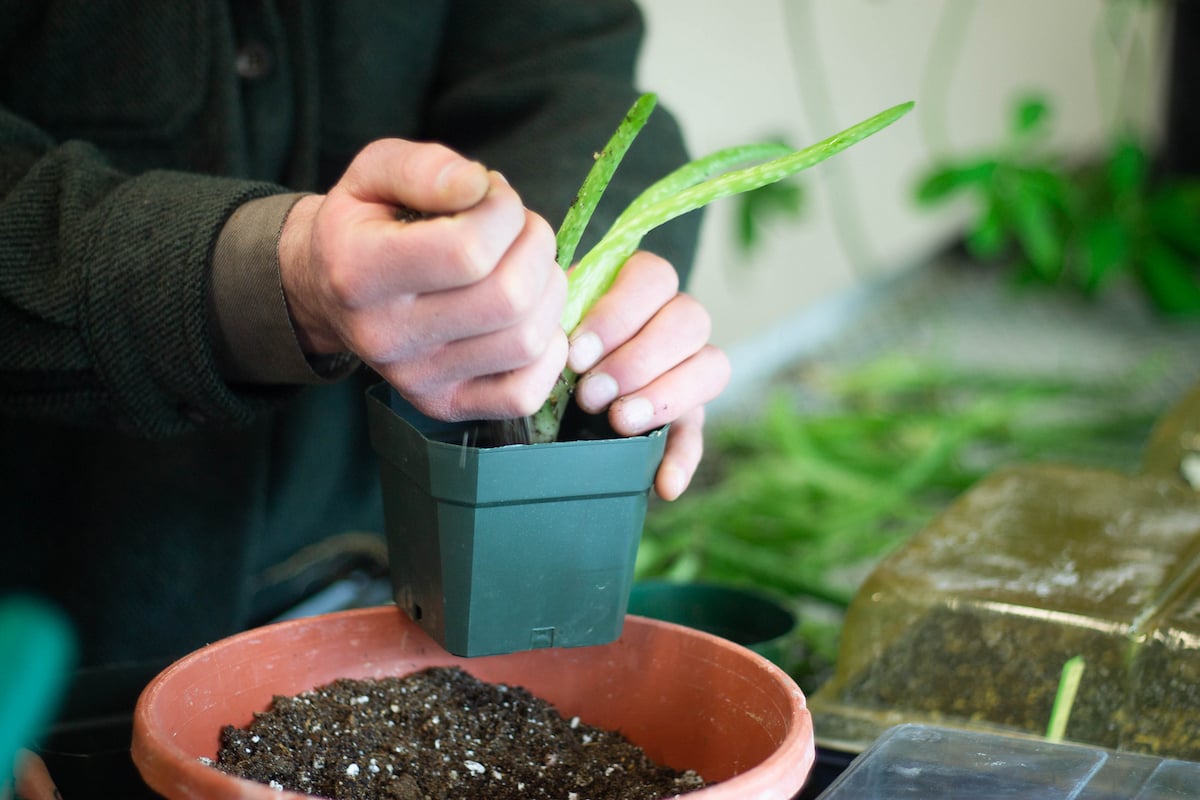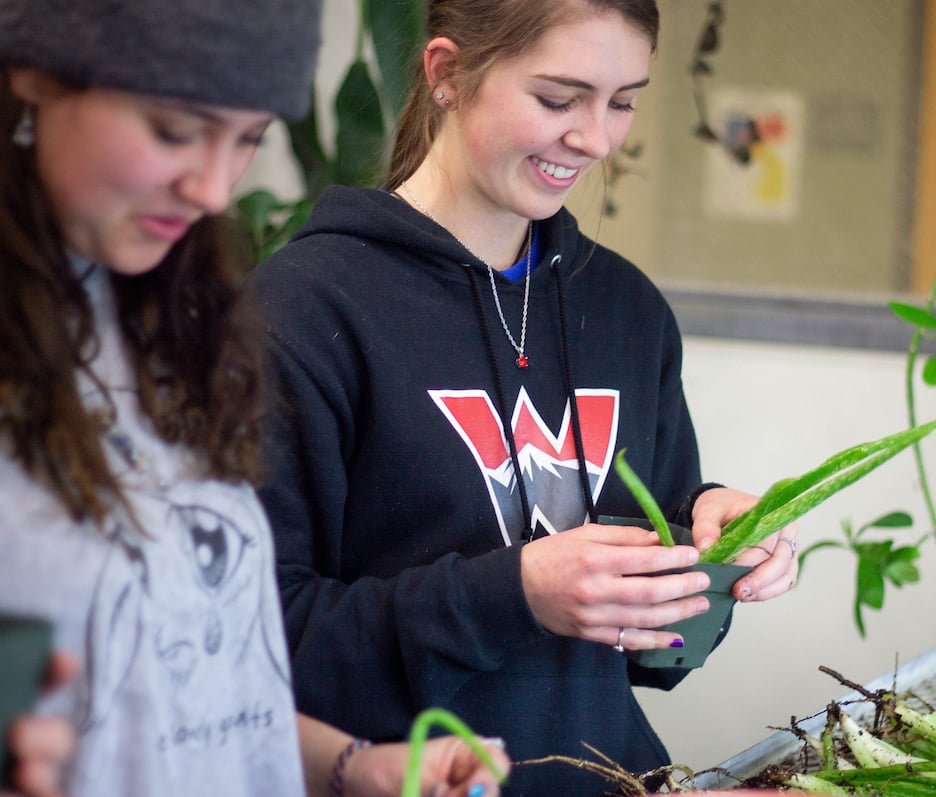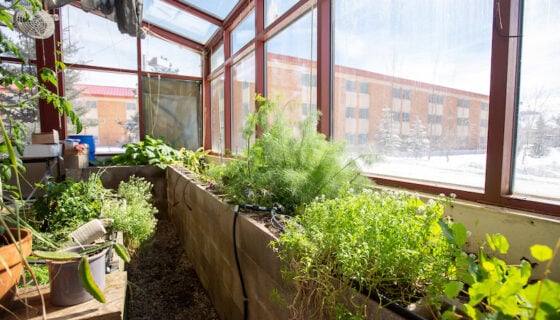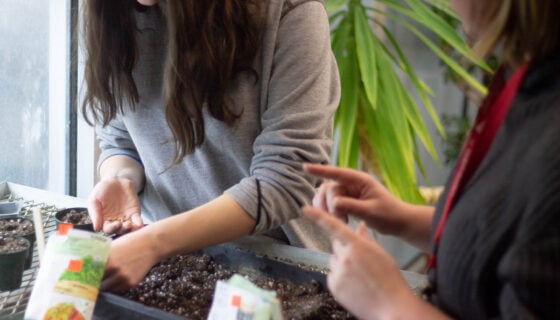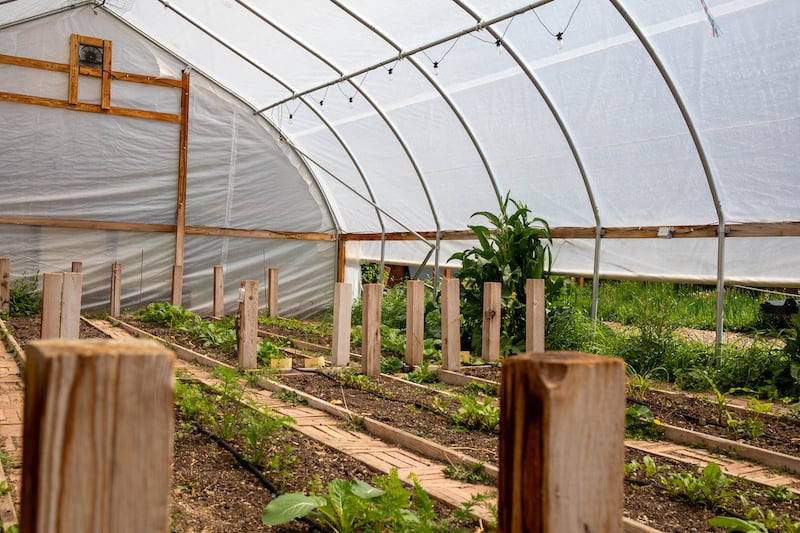Explore Research Opportunities
The Thornton program offers both student-directed and faculty-led research opportunities, allowing students to conduct research in ongoing research programs. In student-led projects, you’ll work with a faculty mentor to design a study, write a proposal, and apply for up to $3,000 in funding. Faculty-led projects let you join ongoing studies in ecology, genetics, physiology, or conservation biology, contributing to larger investigations while building technical skills. Whether pursuing your own idea or assisting with faculty research, you’ll gain hands-on experience in proposal writing, data collection, and scientific communication—preparing you for graduate study, professional research, and careers that value analytical and problem-solving skills.
